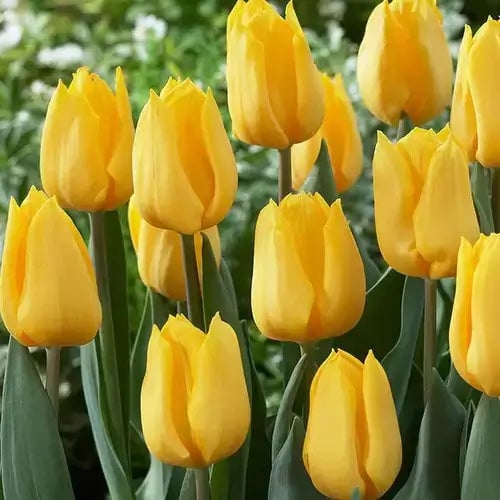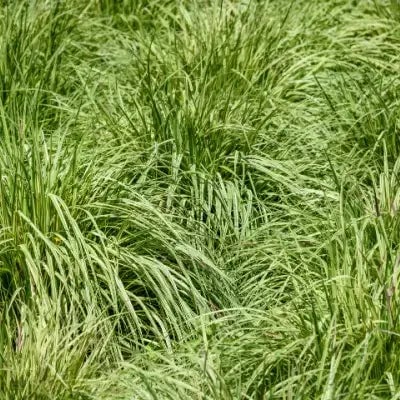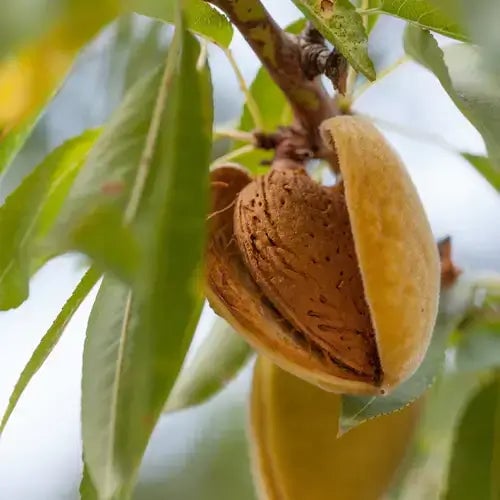What Are Almond Trees?
The almond tree is considered the king of all fruit trees. It can grow to 20 feet (6 meters) tall.
They have a rounded, symmetrical shape with a single trunk. The leaves are light green and oval-shaped, about 3 to 4 inches long and 1 to 2 inches wide. The flowers grow at the end of branches and appear as white or pinkish-white blossoms approximately 1/2 inch long. The flowers are bisexual and actinomorphic and have three sepals, three petals, and a superior ovary with a single locule ovule in each flower. The fruit produced from these flowers is an almond nut and can be eaten raw, roasted, or made into almond butter.
To ensure your almond tree blooms, fertilize it with a balanced fertilizer in the early spring. This will provide the nutrients that the tree needs to produce flowers.
They require at least six hours of direct sunlight each day, but they can tolerate partial shade as long as enough light is available to photosynthesize properly. If your almond tree does not receive enough sunlight, it may begin to drop its leaves prematurely or produce fewer fruits than expected.
If you want your trees to produce fruit yearly, you need to prune back the branches so they stay well-grown and overcrowded with leaves. This will give your tree room to grow more vigorously and produce more fruit in future years.
They are from the Mediterranean but can grow across northern Africa and Asia. They thrive in hot, dry climates that do not get too much rain during summer. The climate must also be warm enough for almonds to produce fruit and flowers yearly.
Where Can Almond Trees Grow?
They like sandy soil with good drainage because it is easier to absorb nutrients from the soil without being washed away by heavy rains or melting snow. They will also do well in rocky hillsides or mountainous regions with plenty of sunshine.
Toxicity is rare but does occur in dogs due to their high fat content (about 20 percent). Symptoms include vomiting and diarrhea within 12 hours of ingestion.
The best time to sow them is during the fall after the first frost has killed off many disease-carrying insects that would otherwise attack your tree during the growing season.
During winter months (October through March), Almond trees need very little water or nutrients but should be protected from late freezes by mulching or covering with burlap cloths at night when temperatures drop below 0 degrees Celsius.
How Did Almond Trees Get Their Name?
The word almond was derived from the Greek word “amygdala.” The Greeks believed this nut was named after a nymph named Amalthea, who nursed Zeus as an infant.
Shop All Our Fruit Trees
Visit our online shop for a wide selection of plants and trees, or stop by our store in Tennessee!
We offer fast shipping nationwide so that you can transform your garden today!
Read more

What Is a Yellow Tulip? A yellow tulip is a fairly common flower in various sizes and shapes. Originating from Europe, the yellow flower is nicknamed the bride of the spring because it flourishes a...

The Cherokee Sedge is an attractive, shade-tolerant plant that thrives in wet areas and can live in water or on the shoreline. It is one of the many plants in a maple tree forest that benefit from ...
Family Owned and run with pride
Nestled in the heart of Middle Tennessee, TN Nursery is a proud family-owned business rooted in tradition, quality, and a deep love for plants. For generations, we’ve been dedicated to providing exceptional service and building lasting personal connections with gardeners, landscapers, and nature enthusiasts across the country. Our mission is to make planting and gardening more accessible, enjoyable, and rewarding—whether you’re a seasoned horticulturist or just starting your first flower bed.
We specialize in expertly grown native plants, perennials, shrubs, trees, and ferns that thrive in a variety of climates. Every plant we offer is carefully nurtured on our farm to ensure strong root systems, healthy growth, and long-term success in your landscape. From vibrant evergreens to colorful blooms and ground covers, we offer an expansive selection to help you create the outdoor space of your dreams.
At TN Nursery, we believe in more than just selling plants—we’re here to help you transform your garden into a place of beauty, sustainability, and joy. Our knowledgeable team is always available to answer questions, offer guidance, and share tips to ensure your planting experience is a success. Join our growing family of happy customers and let us help you bring your garden vision to life.



